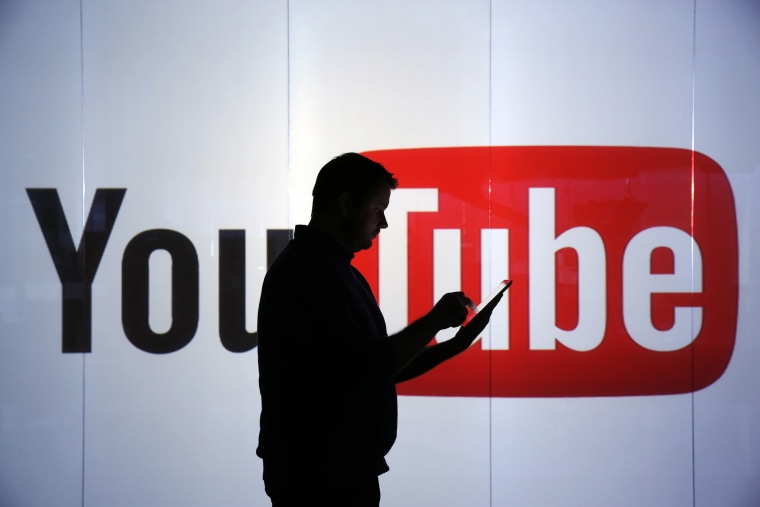Google’s TV streaming service for cord-cutters, YouTube TV, is expanding nationwide.
As more people ditch their costly cable subscriptions (or never sign up at all), YouTube is one of many companies trying to lure consumers with an online selection of channels and content that is less vast, but cheaper, than what typical cable TV offers.
The $40-a-month service will soon be available in 95 new U.S. markets, to cover a total of 195 regions, or 98 percent of U.S. households, the company said in a blog post Wednesday morning.
YouTube TV includes live-streaming from over 60 networks like CNN, ABC and FOX, including local affiliate coverage, premium networks, like STARZ, for an additional monthly charge and unlimited cloud DVR recording. YouTube has previously highlighted the availability of live sporting events as part of its bid against other services, and Wednesday’s expansion announcement plays up how customers can use it to watch the “Big Game.”
While Google has not disclosed subscriber numbers for YouTube TV since it launched in early 2017, the service reportedly increased from around 300,000 paying subscribers in January 2018 to 800,000 in July. It raised prices from $35 to $40 a month in February last year.
BTIG analyst Rich Greenfield said that YouTube TV stands out from live streaming alternatives like Sling, DirectTV Now, and Hulu + Live TV in part because of its automatic customization.
“It knows when I wake up Sunday morning to show me that SNL was recorded last night, instead of what’s on live first,” he said. “It understands what I want to watch when I want to watch it, and that intelligence layer sets it apart from the other streaming services.”
While cable companies are feeling the effects of the surge of new competing services — the industry lost more than a million subscribers in the third quarter of last year — new entrants are learning the tough economics of streaming.
Disney is already losing over $1 billion in streaming through ESPN+ and its stake in Hulu, and YouTube TV is reportedly losing money on every subscriber. Still, the onslaught of news and new services continues: Viacom just agreed to acquire streaming service Pluto TV for $340 million, and NBC announced last week that it plans to launch a new service in 2020.
Comcast is the parent company of NBCUniversal and CNBC.
